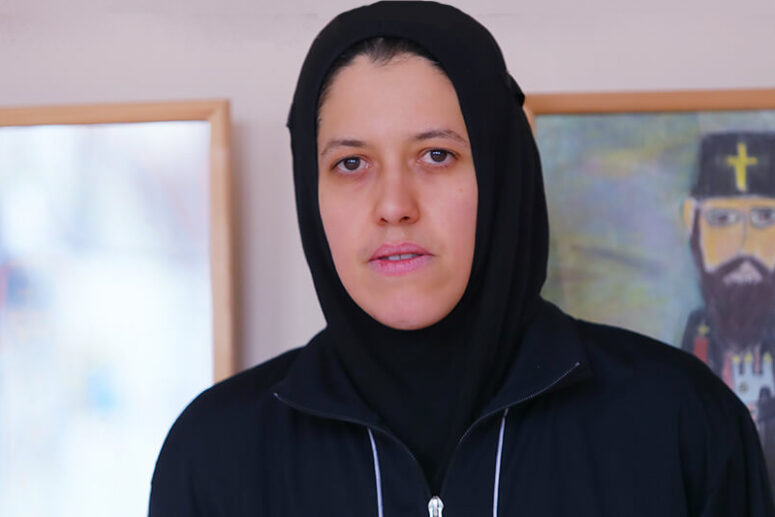
Nun Rebecca, you were born and grew up in Brazil, the most populous Catholic country. How did you become an Orthodox Christian? And how did the Orthodox community of Brazil, of which you were a part, emerge and grow?
You are right – Brazil is the largest Catholic country in the world. Less than one per cent of its population are Orthodox. For a long time, Orthodoxy was most common among immigrants from Orthodox countries, such as Greece, Russia or Ukraine. The churches were very few, and they existed more like private clubs. To me, this was quite understandable. Far away from their homes, people were going to church to stay connected to their cultures and countrymen.
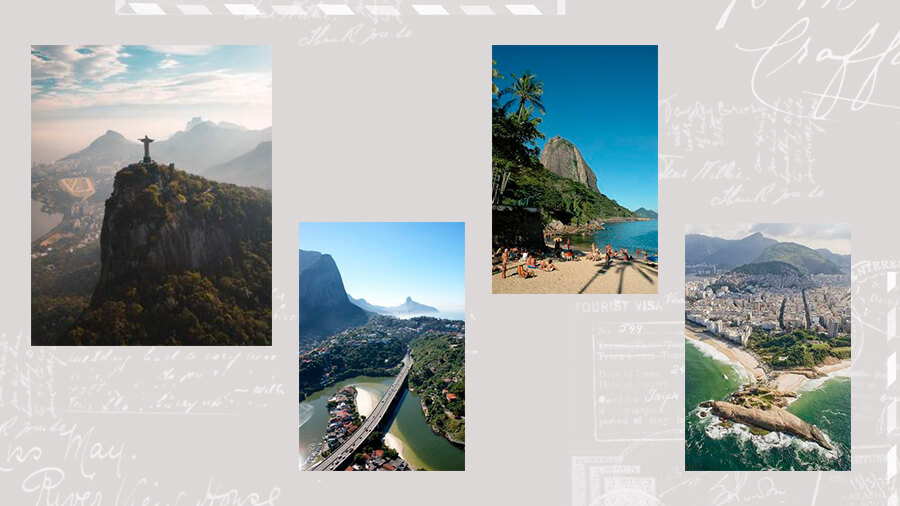
Yet the Church is the body of Christ, not just a human organisation. In this sense, the Church is supranational. Here, there is no Gentile or Jew, Barbarian or Scythian, but Christ is all, and Christ is in all (Colossians 3: 11). At the same time, a significant number of Brazilians could not find the truth in the teachings of the Catholic or Protestant faiths. They were looking. Late in the 1980s, many of these people took an interest in physiophilosophy. My mother was among them. She went to study astrology. My father was also interested. Under the guidance of a charismatic leader, they studied philosophy, esoterics, oriental traditions, and the teachings of Buddhism, Taoism and Christianity.

At some stage, they took an interest in the writings of the Fench philosopher Rene Guenon. He died many years ago, so they contacted the translator of his books into Portuguese. He lived and worked in Portugal, but he agreed to meet us on his trip to a symposium in Brazil. We met, he answered our questions and made an exciting presentation. On the last day of his visit, he came in a black vestment of an Orthodox priest and said: I am Father Athanasius, a priest. I have been telling you about the Orthodox faith. He invited our group to visit Portugal and meet the bishop. Eight members of the group accepted the invitation. – The more they learned about the Orthodox faith, the stronger was their desire to accept baptism.
Eventually, the astrology school in Rio became a school of the Orthodox faith. People who used to make their living compiling horoscopes changed their ways, and began to bring the good news of Orthodox Christianity to their countrymen. In these years, many accepted baptism. Large groups of catechumens were baptised every Great Saturday. With the blessing from the bishop, people were baptised in the sea of in a swimming pool. Church activists rented a house in Rio to convert into an Orthodox Church. Many parishioners donated their time to put up an iconostasis. Church and liturgical literature was translated into Portuguese for use in worship.
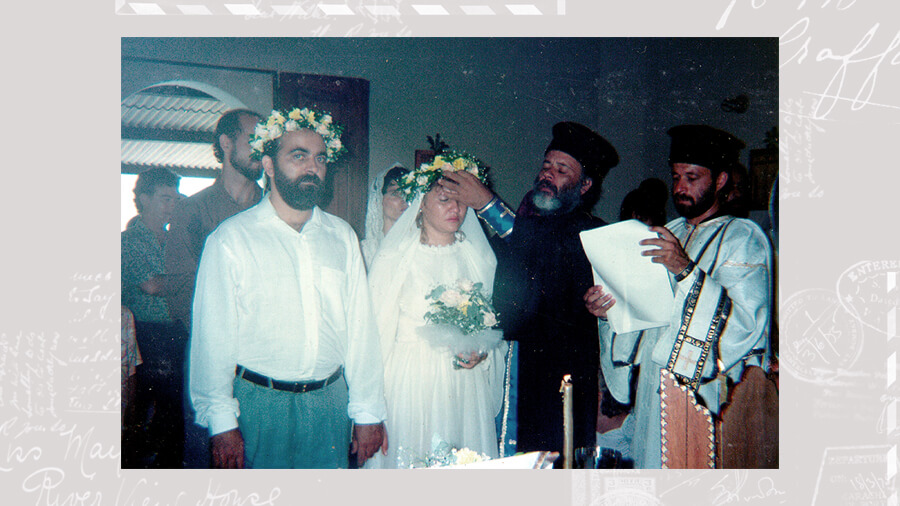
Many people came to the services. They discussed God, baptism, church and spiritual life. The parish was growing. We established a fine church choir under the leadership of a professional conductor. A Sunday school was opened. Every Sunday, as the church choir was practising, the parishioners were engaged in handicrafts, baked altar bread, did housekeeping, painted icons and made vestments. – We became a large and close-knit family.
The Orthodox faith is an inspiration for great feats and hard work. This prospect is not attractive to most – only a few are willing to work hard for their salvation. In Brazil, life is full of fun and glamour – you do not have to live it the hard way. Yet we do not despair. We started with a single house that we rented for the church. By the time of the ordination of my father, there were several active churches in Rio alone, and each had a priest.
How did conversion to Orthodoxy change the life of your family?
To us, the advancement to Orthodoxy was a test of our unity. It was hard, but we came out stronger and more united in the end. In the beginning, my father was very sceptical of church life and he did not want my mother to become an Orthodox. When his friends returned from Portugal, he said: “Look at them. Only yesterday they were astrologists, and now they are priests. This is not a church, it is a sect!”

I do not know what happened between my mother and father, but they separated. The separation was very hard on my mother. She had to make a difficult choice by giving up her job. She was writing horoscopes, and the money that she earned that way supported our family. My mother chose to become an Orthodox Christian and took baptism. I do not remember how we were managing then. We were getting help from our grandparents, maybe. But still, life was very difficult for us then. Our friends from the newly formed Christian Orthodox community were giving us a lot of reassurance.
When our father left, the priest recommended to all of us that we read a prayer together. I remember my tearful please to the Mother of God for her intercession for our family. We prayed together in the evening before the trial over the division of the family estate. When we woke up the next morning, our father was home. My parents were together again. Little by little, my father started to come to church. Perhaps he had noticed the changes in the people he knew, and he was changing as well. It is not up to us to change people’s hearts, but I now realise that my father’s change of heart must have happened through the pure prayers of his children.
![]()
My father took baptism, joined the church choir and took up altar service, At some point, our choir was invited to Portugal. During that trip, my father was ordained a deacon. He was on his way to the priesthood. He was ordained during the Bishop’s visit to Brazil. My mother wanted to be baptised with the name of Sophia. Saint Sophia had three daughters. Years after my father became a priest, we had a third child, a girl. My mother learned about her pregnancy on the feast day of the Holy Martyr Sophia.
Our family’s lifestyle also changed greatly after my father’s ordination. Our home became a church, with many icons. At church, we were the first to come and the last to go. Father had almost no spare time left – he dedicated almost all of his time to his service at Church. Yet in Brazil, it is not possible to make a living just by being a priest. A priest must also have a second paying job to feed his family. My father worked as a web designer and photographer, and he launched the first Orthodox web site in Brazil. I translated sermons and articles for this site into Portuguese and then helped my father as a group administrator in social media.
You have had the desire to become a monastic since you were twelve. What influenced this choice?
In the families of the former astrologists who converted to Orthodox Christianity, many sons became priests and deacons, and many daughters went to monasteries. This was not unusual – the lives of these families was revolving around the Church.
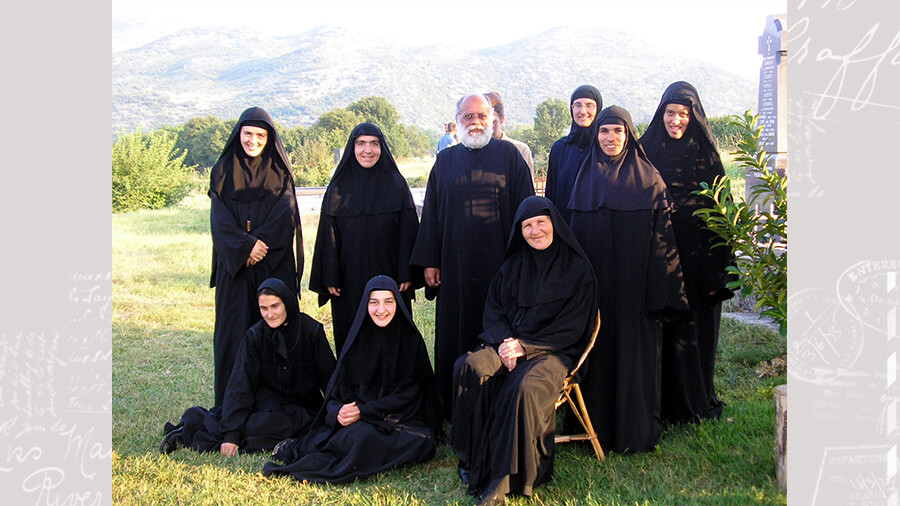
I was twelve when my father took our parish choir to Portugal. That was the first time I had heard about a monastery, and I said to myself, “I want to become a nun!” People asked me about my reasons, – And I replied, “I want to be a monastic because monastics do not have to have a paid job” “But monastics do have to work a lot,” they countered. “You do not understand,” I cried. “I do not want my life to be all work and home. I want a life.” At twelve years of age, I wrote to the bishop in Portugal several letters saying how much I wanted to be a nun. – He did not answer a single letter. Six years later, when I had forgotten all about them, I got an invitation from the bishop to visit a monastery.
The Bishop told me about life in Christ, and I got the feeling that it was real. As I was leaving for Portugal together with the other young women from Brazil, I was confident that I was going to come back. But when I walked into the monastery, I felt I wanted to stay there forever. After Portugal, I stayed at the monasteries of France, Montenegro, Serbia, and Bosnia Herzegovina. I got the blessing from my bishop to study the laying of mosaics in a monastic workshop, so I came to Saint Elisabeth Convent in Minsk. I planned to stay here for three months, and I have been there for almost four years.

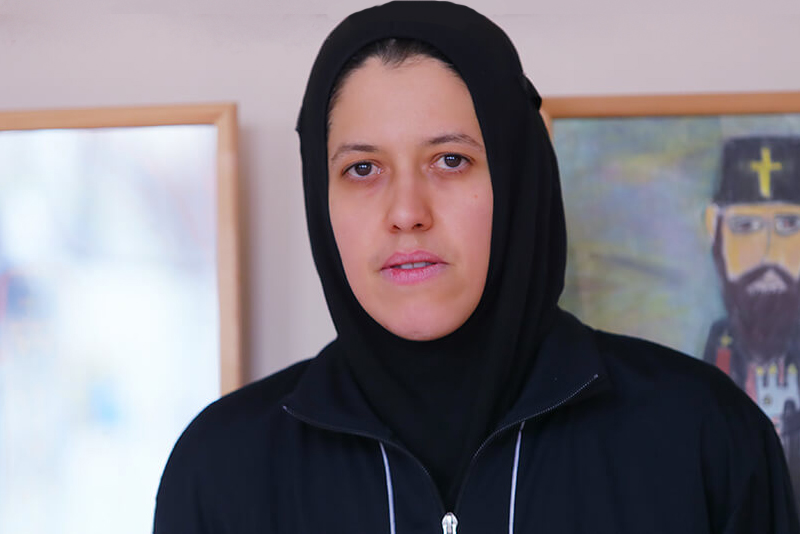
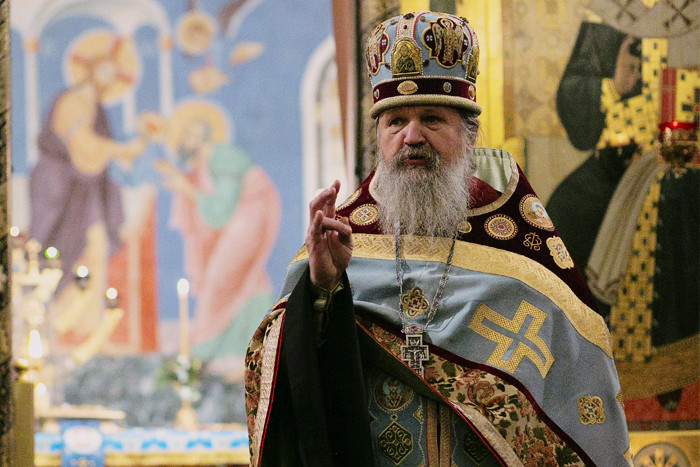

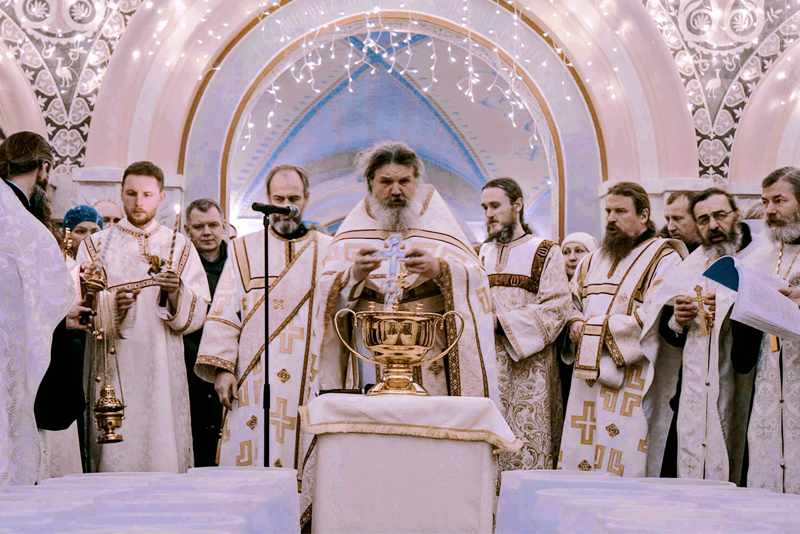
Very happy to read this.
When I stayed for a few days at the Monastery of Solan, in southern France, I met Sister Iosiphia, who was part of this group in 80’s Rio de Janeiro which Nun Rebecca talked about. Surely they must have met, because their trajectories are identical, including the stuff about René Guénon and the trip to Portugal.
Small world.